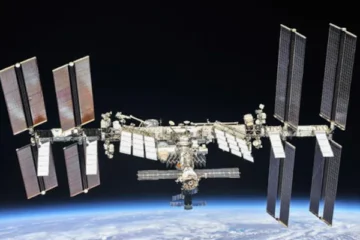Taliban Appoints New Chief Negotiator on Eve of Talks

The Taliban leadership has appointed Mawlawi Abdul Hakim, the chief justice of the group, as head of their 21-member negotiating team in Qatar, making the former chief negotiator Abbas Stanekzai his deputy.
Sources close to the Taliban said that most of the fatwas (rulings) of the group, particularly on war, are issued by Mawlawi Abdul Hakim and that he will attend the negotiating table with full authority.
Mawlawi Abdul Hakim was a mentor for many high-ranking Taliban members and was a close aide to Mullah Mansour, the former head of the group, according to Taliban sources. There had been a possibility of Hakim replacing Mansour after the latter was killed in 2016, said sources.
Thirteen members of the Taliban’s negotiating team are members of the leadership of the group.
“They were complaining that the Taliban political commission in Doha is not fully in power. They have to go back to their leadership council to seek guidance and permission and then the talks are delayed or suspended,” said Rahimullah Yousafzai, a Pakistani journalist.
“Qazi Abdul Hakim is a good mullah and he has studied with me at Haqania Madrassa for two years and many Taliban (members) are his students,” said Sayed Akbar Agha, former Taliban commander.
The Taliban’s leadership has also appointed Mohammad Naeem Wardak as spokesman of their negotiating team.
Mawlawi Abdul Hakim is from Ishaqzaee tribe and is a resident of Panjwaee district of Kandahar province.
“Those who are in the highest ranks from a religious point of view among the Taliban are in the lead of the team. It means that the Taliban will not need to consult (with their leadership) on many issues,” said Waliullah Shaheen, a political analyst.
The changes in the Taliban’s negotiating team comes as preparations for the intra-Afghan negotiations are about to be finalized from the two sides – the Islamic Republic of Afghanistan and the Taliban.
But the withdrawal of American troops from Afghanistan is still something that has not been solved, even for some US politicians.
“The question for the US is whether to remain engaged or not engaged with Afghanistan. And that is the danger,” said Richard Olson, former US special envoy to Afghanistan and Pakistan.
Sources close to the Taliban said that with the changes in the negotiating team of the group they will not await consultation with their leadership except in some issues, something that critics say will save time in the talks.












